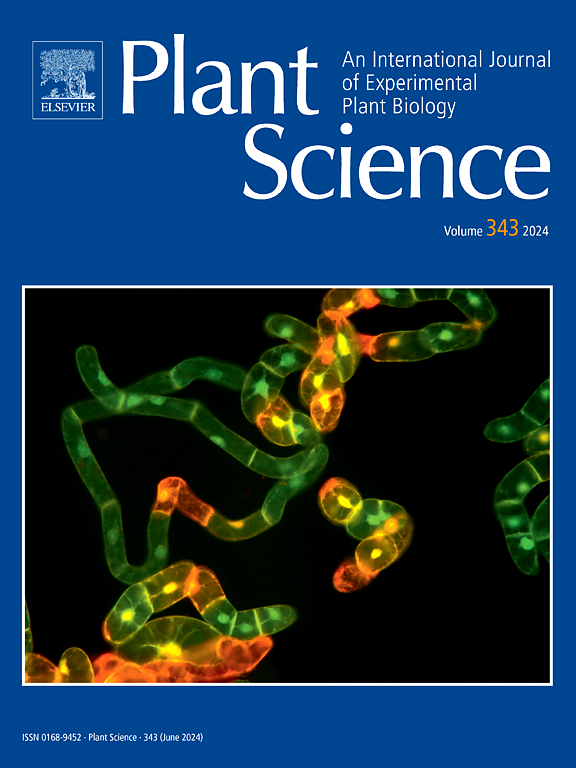With the rapid development of new breeding techniques, the ecological impacts of transgenic plants receive wide concern again, particularly for potential gene flow from transgenic crops to their relatives. The transgene insertion position, number of gene copies, and flanking sequence of exogenous genes integrated into the recipient genome affect the genetic stability and fitness of offspring.
We employed hybrids F1 and F2, six backcross generations BC1-BC6 and BC1F1 from transgenic Brassica napus with Bacillus thuringiensis (Bt) cry1Ac gene and its wild relative B. juncea through hand pollination. We detected exogenous gene copies, mRNA transcription, and protein expression by ddPCR, qRT-PCR and ELISA, and the fitness of hybrid and backcross generations.
Exogenous genes followed Mendelian segregation expectations in hybrid and backcrossed generations, with stable gene copies, mRNA transcription and protein concentration of exogenous genes in offspring. Exogenous gene copies had no significant effects on plant fitness, but had positive effects on mRNA transcription and protein concentration that varied with growth stages in hybrid and backcross generations.
Our study demonstrated inheritance and ecological effects of exogenous genes from transgenic plants to wild relatives, which will help ecological risk management of biotechnological plants released in the nature.


